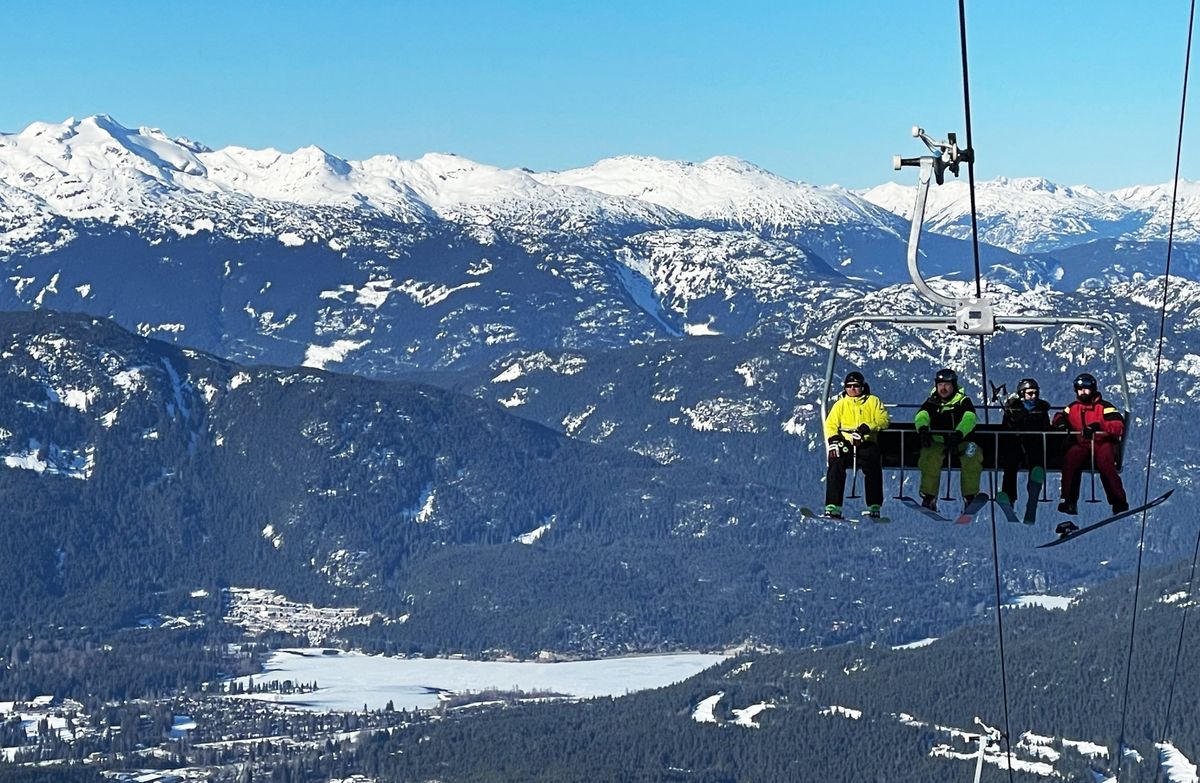8: It’s that time again … for shutdown roulette! The US Congress has just 8 days to pass a fresh stopgap measure to fund the federal government beyond Nov. 17, when the current money runs out. Mike Johnson, the newly elected speaker of the GOP-controlled House, said Wednesday that he would decide by the end of this week what he will seek to do. Johnson’s predecessor, Kevin McCarthy, was ousted last month by far-right GOP members who objected to the spending compromises that he’d reached with President Joe Biden.
14,000: Even as Toronto suffers the broader Canadian housing crisis, developers in the city have delayed launching almost 14,000 units as high-interest rates continue to depress demand among pre-construction buyers. At the same time, the national government pledged this week to build close to 30,000 new units on federal lands by the end of the decade.
110: A new UN report says that major energy-producing countries are on track to produce 110% more fossil fuels in 2030 than they are supposed to if the world intends to limit global warming to 1.5 degrees Celsius above pre-industrial averages. Canada is a big part of the problem: It shows the fourth-largest production increase in the world during that time period. The US came in second behind only Brazil among the climate policy scofflaws.





